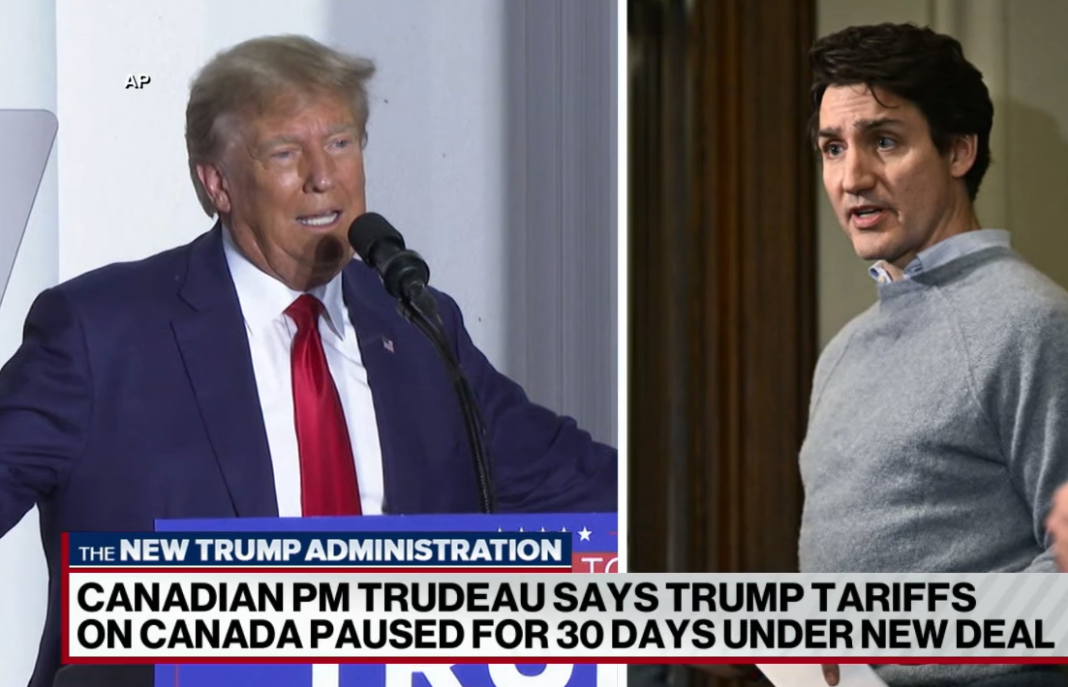A recent discussion among matter experts shed light on significant geopolitical and economic shifts occurring worldwide. The conversation delved into topics such as the decline of historical global powers, economic realignments, and their implications for nations, businesses, and individuals. The discourse focused on economic trends, policy responses, and the shifting balance of global influence.
The Decline of Global Superpowers
The discussion emphasized that global superpowers experience cycles of rise and decline. Historically, the United States enjoyed a prolonged period of economic and military dominance, but multiple indicators now point towards a decline. This has been evidenced through various military conflicts, economic shifts, and policy decisions that have failed to maintain previous global advantages.
The decline of an empire is marked by multiple economic and geopolitical challenges. The United States’ involvement in prolonged conflicts such as Vietnam, Afghanistan, and Iraq resulted in outcomes that did not align with initial strategic objectives. Furthermore, emerging economies are gaining ground as economic powerhouses, challenging U.S. dominance in trade, technology, and influence.
BRICS and the Global South: A New Economic Force
A major focal point of the discussion was the rise of BRICS (Brazil, Russia, India, China, and South Africa) and the increasing involvement of nations such as Indonesia. The shift towards BRICS signifies a move away from Western-led economic systems, with many countries seeking economic partnerships that are independent of U.S. influence.
The BRICS alliance now represents a significant percentage of the world’s population and economic output. With more than 50% of the world’s population and a growing share of global GDP, these economies are positioning themselves as an alternative to the traditional Western-led economic framework.
The Economic Disparity: Wealth Concentration vs. Declining Middle Class
A critical aspect of the discussion revolved around how economic policies have contributed to increasing income disparity. In many Western economies, particularly the U.S., the middle class has experienced a squeeze due to stagnating wages, rising costs of living, and mounting debt burdens. High levels of corporate and government debt raise concerns about long-term financial sustainability.
While large corporations have leveraged economic policies such as tariffs and tax benefits to maintain profitability, small businesses and working-class citizens continue to face economic hardships. Tariffs on imports, particularly in industries such as automotive and technology, have artificially inflated prices, making it difficult for American consumers and businesses to remain competitive on a global scale.
Military and Geopolitical Realignment
The conversation also touched upon global military strategies and their shifting dynamics. While the United States previously maintained dominance in global conflicts, recent military and strategic failures have called into question its ability to enforce its influence. The ongoing situation in Ukraine was highlighted as an example of how traditional military approaches may no longer yield the intended results.
With the rise of alternative alliances, including China’s growing partnerships with Russia and India, traditional Western-led military influence is facing challenges. Economic warfare in the form of sanctions and trade restrictions has also proven to be less effective, as alternative economic structures emerge outside of Western control.
Implications for Businesses and Global Trade
The discussion highlighted the changing nature of global trade and business strategies. With Western economies imposing tariffs and sanctions, many nations and corporations are turning to alternative markets in Asia, Africa, and Latin America. Businesses that traditionally relied on Western trade are now exploring new opportunities in emerging markets.
For industries such as automotive, energy, and technology, the shift in global supply chains is becoming evident. Chinese manufacturers, for example, are outcompeting Western companies in the production of electric vehicles, infrastructure development, and consumer electronics. Meanwhile, nations reliant on exports are recalibrating their trade partnerships to align with the growing influence of BRICS nations.
The Path Forward: Strategic Adaptation and Future Considerations
Given the ongoing decline of traditional superpowers and the rise of new economic alliances, businesses, policymakers, and individuals must strategically adapt to these changes. Key considerations include:
- Regional Economic Policies: Countries must reassess their economic policies to remain competitive in a shifting global order. Investments in technology, infrastructure, and energy independence will be critical for economic stability.
- Business Strategies: Companies must expand their market reach beyond traditional Western economies and explore partnerships in emerging markets.
- Workforce and Labor Movements: With increasing labor discontent and the rise of worker movements, businesses must address wage stagnation and ensure sustainable employment practices.
- Geopolitical Awareness: Governments and corporations must develop strategies that align with global economic trends, ensuring they are not left behind in the evolving trade landscape.
Conclusion
The global economic and political order is undergoing a fundamental transformation. Traditional power structures are being challenged by emerging economic alliances, and nations are recalibrating their trade and military strategies accordingly. Businesses, policymakers, and individuals must recognize these shifts and proactively adapt to ensure economic resilience in a rapidly changing world.
Disclaimer
This article is based on a recorded discussion and reflects an analysis of global economic and geopolitical trends. The content is intended for informational purposes only and should not be considered as financial, political, or strategic advice. Readers are encouraged to conduct further research and consult relevant professionals before making any policy or business decisions.
Liam Baker is a labor market researcher with expertise in workforce automation and employment trends. His insights have appeared in multiple HR and economics publications.




